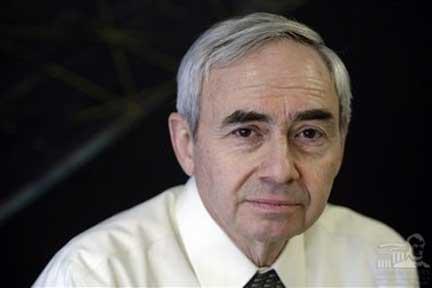Shakman Decrees Could Be Nearing An End
By Chuck Sudo in News on May 16, 2014 8:30PM

Michael Shakman
Shakman said after he filed his motion the city’s diligence in preventing patronage hiring is “so substantial that it’s time to end the oversight of the city.”
“The city has done what it was required to do to get into what is called substantial compliance, which isn’t perfect compliance,” Shakman added.
It only took City Hall 45 years to reach this point since Shakman filed his first lawsuit after a losing campaign to be a delegate to the 1970 Illinois Constitutional Convention revealed significant support for the Democratic incumbent among city workers eager to keep their jobs. Shakman’s lawsuits eventually led to an agreement outlawing politically motivated hirings, firings, demotions or transfers. Subsequent rulings led to tighter restrictions governing patronage hires and punishment for not supporting political candidates. A case involving Robert Sorich, a top aide of Mayor Richard M. Daley, led to the 2005 appointment of an outside monitor to ensure compliance with the Shakman Decrees. The city’s tab to maintain the monitor to date have cost taxpayers $22.9 million.
Although the renewed emphasis in trying to get out from under the decrees started under Daley, Shakman had mostly good things to say about the improvement in enforcing them under Rahm Emanuel. “I think this mayor’s been good in terms of taking seriously the requirements to straighten out the city’s practices, and some of those efforts began under Daley, but they became much more robust under Emanuel,” Shakman said.
If Shakman’s motion is approved the case could be dismissed by June 16, after a 30-day notice period.